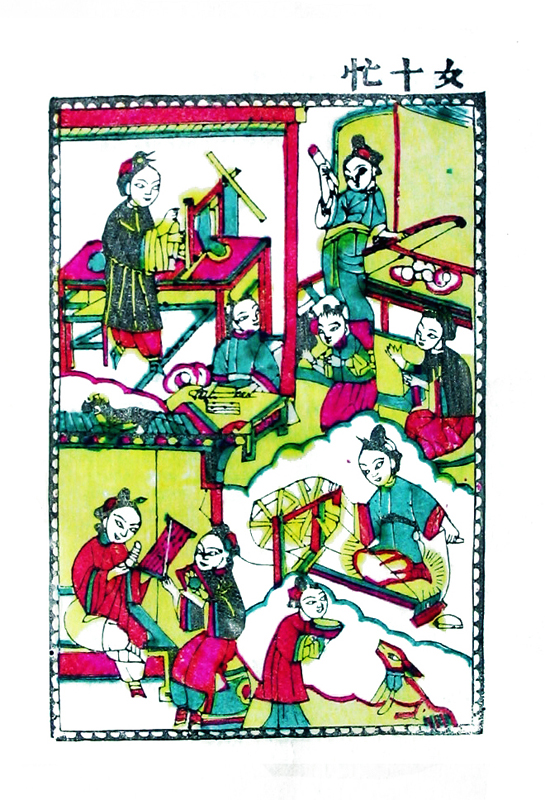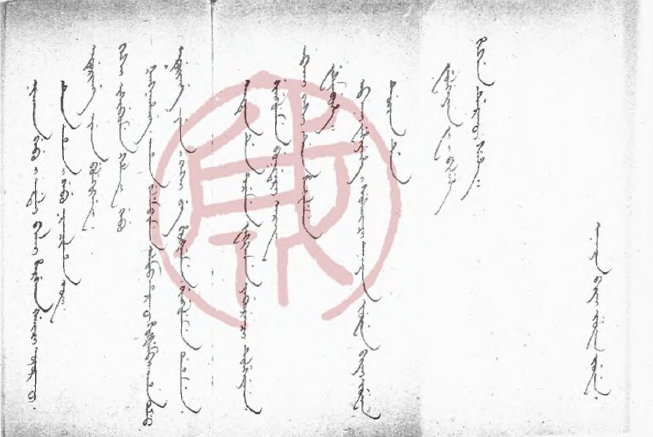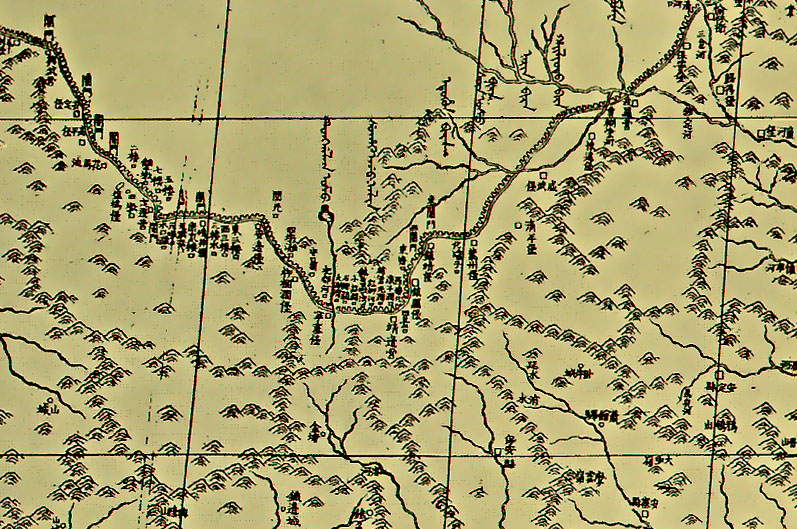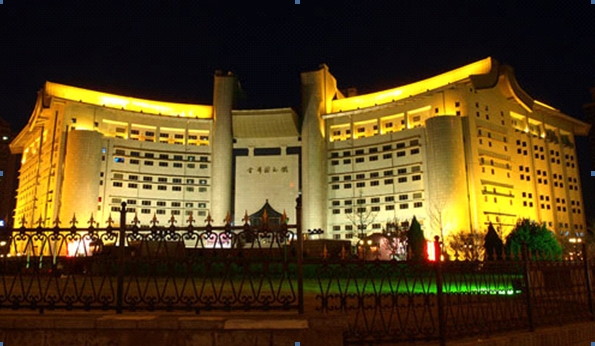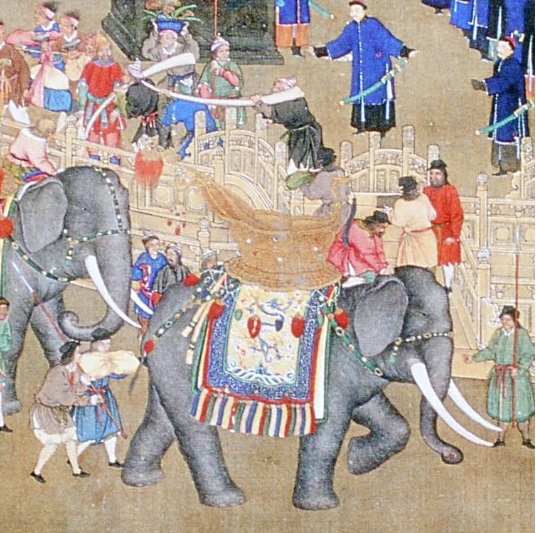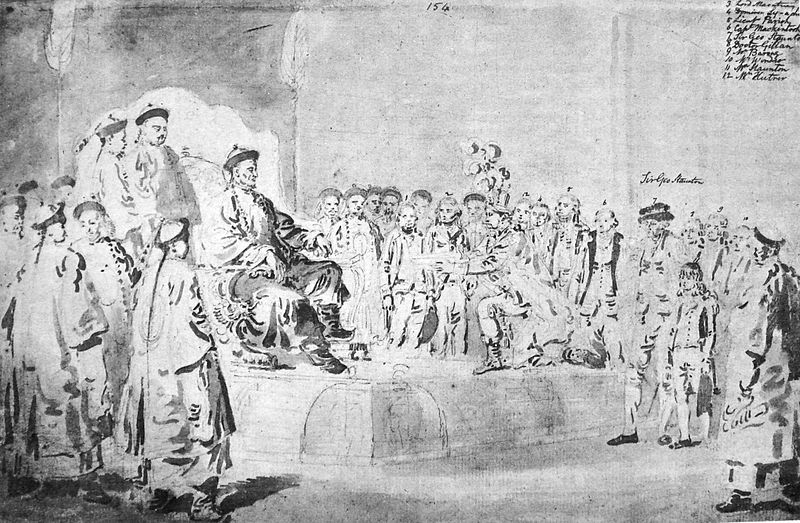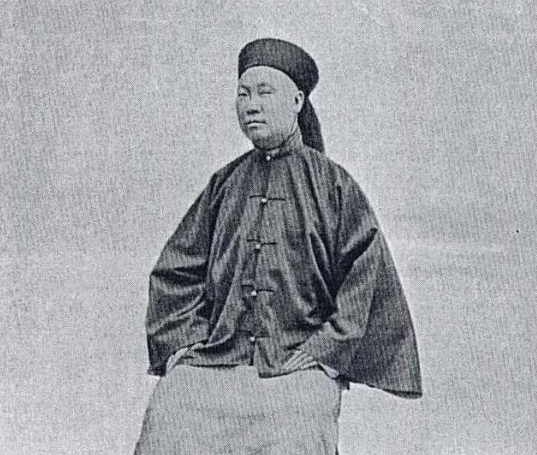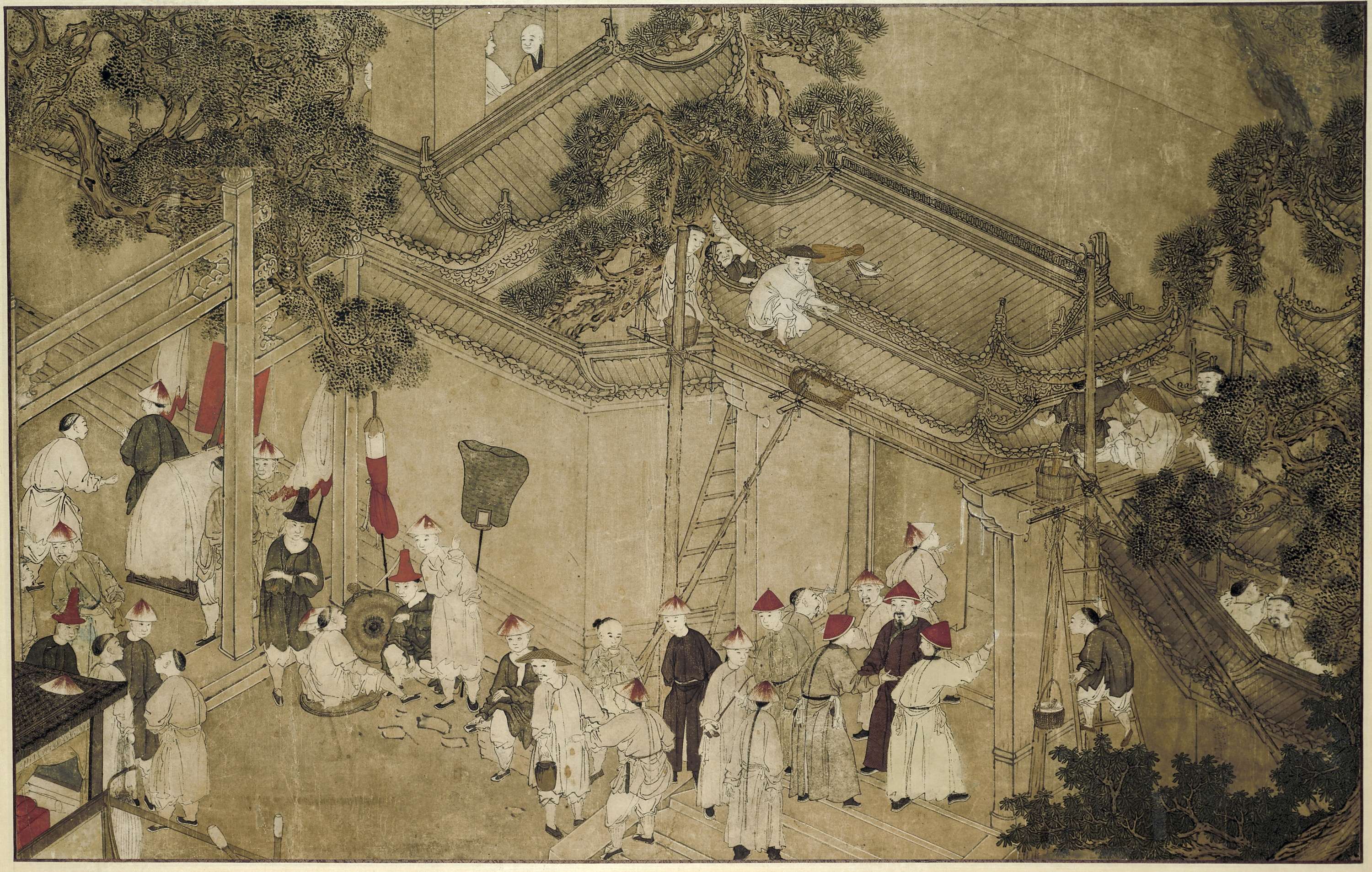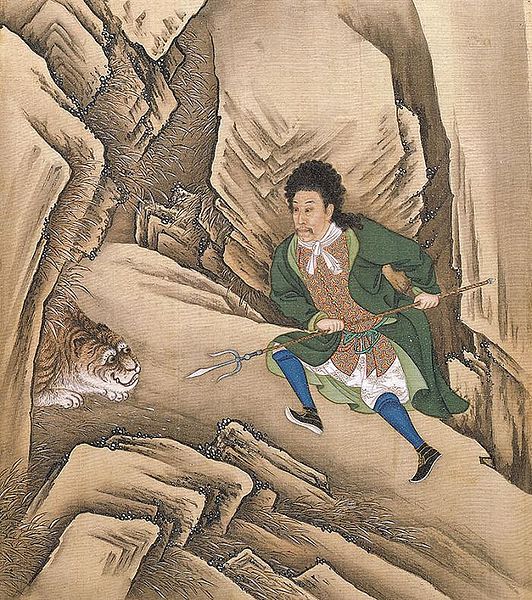Blog
The Manchu Studies Blog is an informal place to share short write-ups related to Manchu Studies: conference reports, brief introduction to materials, translation, think-pieces, travelogues, or anything else too short or informal for the Saksaha journal but is nevertheless interesting and worth sharing.
To submit a piece of writing for the blog, please reach out to the web editor at [email protected].
Posts pagination
Recent News
Recent Blog Posts
Archives
- March 2025
- February 2025
- January 2025
- December 2024
- June 2024
- May 2024
- April 2024
- February 2024
- December 2023
- November 2023
- October 2023
- April 2023
- March 2023
- December 2022
- May 2022
- March 2022
- January 2022
- July 2021
- May 2021
- April 2021
- March 2021
- January 2021
- December 2020
- November 2020
- September 2020
- July 2020
- June 2020
- March 2018
- February 2017
- July 2016
- April 2016
- September 2015
- June 2015
- March 2015
- December 2014
- September 2014
- August 2014
- June 2014
- April 2014
- March 2014
- February 2014
- January 2014
- December 2013
- October 2013
- September 2013
- May 2013
- April 2013
- March 2013
- February 2013
- January 2013
- December 2012

